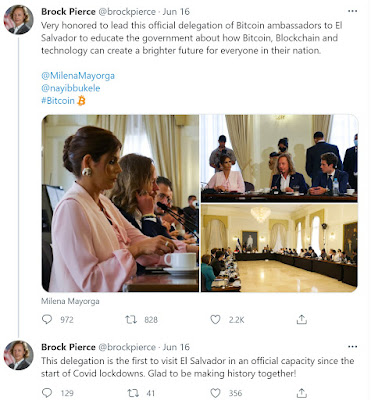Water issues for El Salvador

Sumpul River, Chalatenango Climate change, deforestation, pollution, urban development, and government inaction all threaten the availability and quality of water for every person living in El Salvador. Here is a summary of a number of the most prominent water issues facing the country in 2021. Proposed National Water Law The current Legislative Assembly dominated by Nayib Bukele's Nuevas Ideas party has formed an Ad Hoc Committee to review a national water law proposed by the Bukele administration. This proposal came after the Assembly removed from discussion drafts of a law on which prior Assemblies had slowly worked for the past several years. Environmental activists who have been working on the issue for many years have several concerns about the newly proposed law. One of the biggest objections to the bill relates to provisions that would allow a national water authority the power to grant large industrial water users concessions lasting as long as 15...



